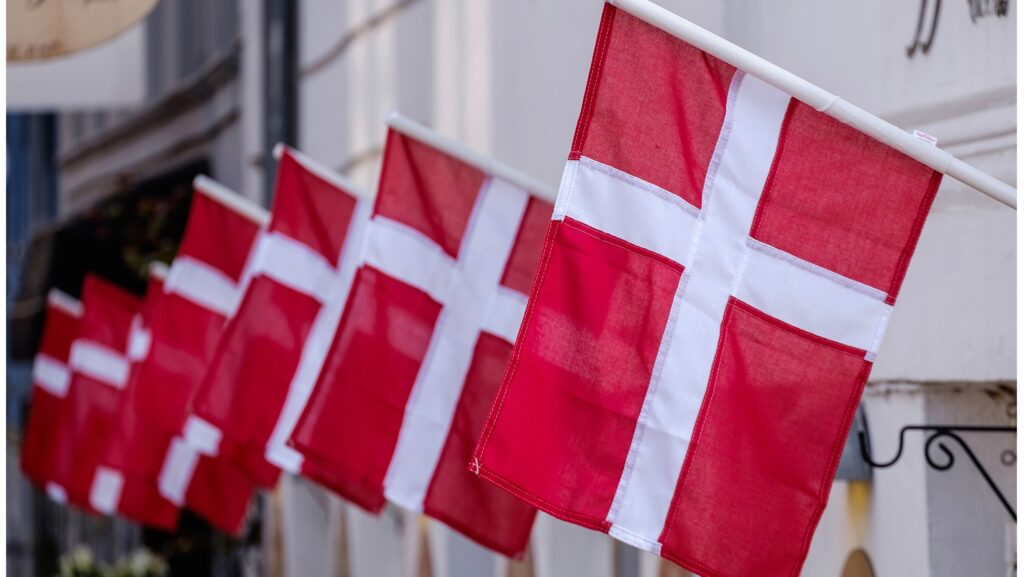According to President of the National Judicial Council Tamás Matusik, the Hungarian government has fulfilled its commitment to strengthen the independence of the judiciary. According to Bloomberg, the body led by Matusik, composed of judges who clashed with those appointed by Viktor Orbán, is gaining strength after legislative changes.
Matusik expressed that there is no longer a ‘warlike situation’ with broader judicial enforcement authorities, while the spokesperson for the Council, János Abert, also a judge, deemed the new law constitutes ‘real progress.’ Both judges warned that the approval of judicial reforms does not necessarily mean Hungary now meets the criteria for unlocking EU funds.
The disbursement of the frozen funds would be a significant victory for Viktor Orbán,
the article added.
President of the European Council Charles Michel met with the Hungarian Prime Minister in Budapest on Monday. The meeting took place shortly after the Hungarian government launched an anti-EU poster campaign and introduced a sovereignty draft law against foreign influence. Despite Orbán’s criticisms of Brussels, an agreement on the withheld EU funds is approaching. The European Commission is currently in negotiations with Hungary to clarify the final details, and decisions on judicial milestones are expected before the end of the year, Bloomberg said.
Only a ‘few points’ remain unresolved, according to EU Justice Commissioner Didier Reynders, as of 21 November.
Earlier this year, the EU reached a preliminary agreement with Hungary regarding judicial reforms, outlining specific milestones that the Orbán government must fulfil to access funds. Unlike benchmarks involving LGBTQ rights, academic freedom, or asylum, changes related to the judiciary only require approval from the European Commission.
At the centre of the overhaul is the National Judiciary Council led by Matusik. The Council aims to acquire more authority to resist efforts that undermine judicial independence, such as the forced early retirements of judges that occurred after Orbán’s return to power in 2010. The objections raised by the Council were also disregarded in the appointment of the Supreme Court’s chief justice three years ago.
Legislative changes enacted this year include granting the Council binding opinion in certain cases, such as the election of the Supreme Court president, and implementing a case allocation system designed to curb political influence. Additionally, obstacles for judges to refer questions to the European Court of Justice were eliminated.
Related articles:
Sources: Hungarian Conservative/Bloomberg








